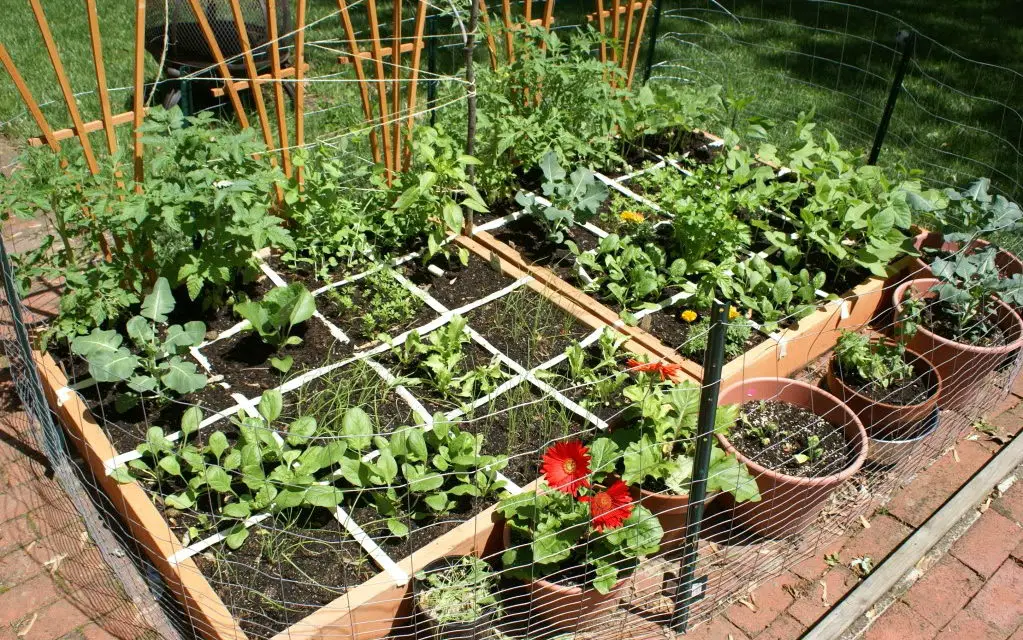Growing your own food is an incredible way to enjoy fresh, natural foods. It’s also a great hobby to keep active, improve your mental health and teach your kids about self-sufficiency.
Starting a garden can be daunting for beginners, but there are many things you can do to help your crop thrive. From selecting high-yield plants to planting techniques, you can boost your harvest by using these tips and tricks!
1. Use Compost
Gardening is a rewarding hobby that improves mental health while boosting self-sufficiency. It also is an excellent way to share your passion with others.
Compost is a great natural garden amendment that helps fix many soil problems. It also provides the perfect environment for a multitude of beneficial microorganisms that help convert nutrients in the soil into something that your plants can easily absorb.
Adding compost to your garden improves soil quality, particularly if it is sandy or clay. It also adds nutrients and improves water-holding capacity of the soil.
2. Pick Stem Vegetables Early
A gardener’s greatest asset is the ability to keep plants healthy. This means frequent picking and keeping a close eye on how the plant is developing.
For stem vegetables like broccoli, carrots and spinach, picking them early is critical. It allows the plant to use its energy for growing and ripening more fruits, so you can get a larger harvest from fewer plants.
Picking stems early also ensures that the leaves and stems are in their most tender state for a tastier harvest. As you pick, make sure to remove any weeds that have grown up along the stems.
3. Don’t Pick Vegetables You Don’t Eat
Gardening is a popular hobby that improves mental health and encourages self-sufficiency. It is also a great way to spend time outdoors, get fresh vegetables and build community connections with others.
Whether you’re a beginner or an experienced gardener, there are many things to keep in mind when starting and maintaining your vegetable garden. This guide is designed to help you answer all your questions and make gardening easier and more successful.
One of the most common mistakes beginners make is planting too much too soon. It’s best to start small, grow what you and your family will eat, and enjoy the fruits of your labor!
4. Trim Sugar Leaves
Gardening is not only a great way to get outside and spend time with your family, but it can also cultivate feelings of empowerment, creativity, and community. It can even improve your heart health, weight, sleep, and immune system.
For example, a study by Be Independent HomeCare found that gardening can cut the risk of stroke in people over the age of 60. In addition, it helps to build strength and endurance.
When it comes to harvesting cannabis, it’s important to trim sugar leaves from buds before drying or curing. It will make the final product less harsh to smoke, and it will help to make the buds look nice.
5. Pick Fruits Last
Gardening can be a great hobby for people of all ages, and it also can have a positive impact on physical health. It’s also a good way to release stress and improve mental health.
Getting your hands dirty in the dirt can help reduce negative thoughts and feelings, and it’s a wonderful exercise that can strengthen your heart. It’s also a relaxing activity that can improve your mood, so it’s worth trying to get in some gardening time each day.
While many fruits and vegetables need to be picked just before full maturity, it’s important to pick berries last so they retain their freshness. They’ll be riper and more flavorful than if they were picked too early, so take your time to find the best ones and pick them while they’re still fresh!



